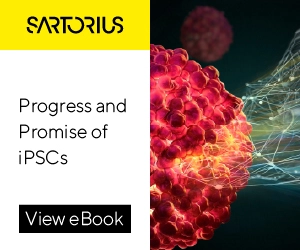A recent study conducted by Harvard researchers Peter Aungle and Ellen Langer offers fascinating insights into how our perception of time may influence physical healing. The research, published in Nature Scientific Reports, reveals that individuals who believe more time has passed than actually has tend to recover from minor bruising more rapidly.
Lead author Aungle, a psychology Ph.D. candidate at Harvard’s Kenneth C. Griffin Graduate School of Arts and Sciences, crafted this study with inspiration from his advisor, Ellen Langer, a renowned psychology professor and expert in mind-body unity. Langer, known for her groundbreaking book Mindfulness (1989) and influential studies on the health benefits of caring for houseplants and time travel-like experiences, has pioneered research in this domain for decades.
Aungle’s work builds on previous research from Langer’s lab that showed perceptions of time affect physiological and cognitive processes. One study revealed that blood glucose levels in individuals with Type 2 diabetes varied according to their perception of time rather than actual time. Another experiment demonstrated that participants’ reaction times changed based on how much sleep they believed they had received the night before, regardless of their actual sleep duration.
In this new study, the researchers have shown that perception can indeed alter the body’s healing process. When patients were led to believe more time had passed, their bruises faded faster than those of participants who were not influenced in this way.
While the implications of this research are still emerging, the findings suggest a strong connection between the mind and body in physical healing. The study provides a glimpse into how mental states can influence physiological processes and highlights the potential benefits of understanding and harnessing this mind-body connection in healthcare.
Read More: https://news.harvard.edu/gazette/story/2024/03/glimpse-into-how-mind-may-affect-healing/







